[Editor’s note: The following contains spoilers through the Season 2 finale of The Rehearsal, “My Controls.”]
There’s something quite profound about the moment in The Rehearsal finale when Nathan Fielder brings the most random moments of Season 2 together. The airline pilots, “Sully” Sullenberger’s memoir, the singing competition — all of it culminating in a lovely performance from a talented young woman named Isabella, who beat out thousands of others to win the grand prize offered by Wings of Voice: The opportunity to perform Evanescence’s “Bring Me to Life” on television.
If you tried to explain to a newcomer that this was where all of this was headed, when Fielder first began exploring the question of airline safety at the beginning of the season… Yeah, you’d get some confused looks. But the fact that this made sense after watching all six episodes is a testament to the kind of magic Fielder is capable of creating, with just a few cameras and a few million dollars, courtesy of HBO.
Isabella’s Wings of Voice performance feels like the culmination of everything we’ve seen up to this point, but it’s not exactly the climax of the episode — or even the season. The final episode spends most of its hour-long runtime building up to Fielder in the cockpit of a real-life 737, flying a full plane of “passengers” (paid actors) for over two hours as a way of exploring safe communication between pilots while they’re up in the air.
Related Video
Fielder and the production team put a lot of effort into establishing that yes, Fielder really spent a month in Henderson, Nevada training to become “the least-experienced person licensed to fly a 737 in North America.” While you might not describe it as a training montage, the episode devotes no shortage of screen time to revealing just how complicated it is to fly a 737, while also revealing that pilots go from training in a simulator to flying real planes carrying passengers — no practice flights in between.
After receiving his license and tracking down an available (and operational) 737, Fielder’s ready for his first flight, with his “cast” on board. The point of this “rehearsal” is to understand communication between pilots; as this season has stressed, a co-pilot being afraid to speak up has led to no shortage of aeronautical accidents.
</p>
<p> ” data-medium-file=”https://www.mnnofa.com/wp-content/uploads/2025/05/nathan-fielders-most-profound-message-takes-flight-in-the-rehearsal-season-finale-2.jpg&w=300″ data-large-file=”https://www.mnnofa.com/wp-content/uploads/2025/05/nathan-fielders-most-profound-message-takes-flight-in-the-rehearsal-season-finale-2.jpg&w=1024″ src=”https://www.mnnofa.com/wp-content/uploads/2025/05/nathan-fielders-most-profound-message-takes-flight-in-the-rehearsal-season-finale-2.jpg” alt=”The Rehearsal Season 2 Finale Recap” class=”size-full wp-image-1487955″ width=”1200″ height=”675″ srcset=”https://www.mnnofa.com/wp-content/uploads/2025/05/nathan-fielders-most-profound-message-takes-flight-in-the-rehearsal-season-finale-3.jpg 1200w, https://www.mnnofa.com/wp-content/uploads/2025/05/nathan-fielders-most-profound-message-takes-flight-in-the-rehearsal-season-finale-3.jpg?resize=150,84 150w, https://www.mnnofa.com/wp-content/uploads/2025/05/nathan-fielders-most-profound-message-takes-flight-in-the-rehearsal-season-finale-3.jpg?resize=300,169 300w, https://www.mnnofa.com/wp-content/uploads/2025/05/nathan-fielders-most-profound-message-takes-flight-in-the-rehearsal-season-finale-3.jpg?resize=768,432 768w, https://www.mnnofa.com/wp-content/uploads/2025/05/nathan-fielders-most-profound-message-takes-flight-in-the-rehearsal-season-finale-3.jpg?resize=1024,576 1024w, https://www.mnnofa.com/wp-content/uploads/2025/05/nathan-fielders-most-profound-message-takes-flight-in-the-rehearsal-season-finale-3.jpg?resize=1031,580 1031w, https://www.mnnofa.com/wp-content/uploads/2025/05/nathan-fielders-most-profound-message-takes-flight-in-the-rehearsal-season-finale-3.jpg?resize=590,332 590w, https://www.mnnofa.com/wp-content/uploads/2025/05/nathan-fielders-most-profound-message-takes-flight-in-the-rehearsal-season-finale-3.jpg?resize=278,156 278w, https://www.mnnofa.com/wp-content/uploads/2025/05/nathan-fielders-most-profound-message-takes-flight-in-the-rehearsal-season-finale-3.jpg?resize=173,97 173w, https://www.mnnofa.com/wp-content/uploads/2025/05/nathan-fielders-most-profound-message-takes-flight-in-the-rehearsal-season-finale-3.jpg?resize=140,79 140w, https://www.mnnofa.com/wp-content/uploads/2025/05/nathan-fielders-most-profound-message-takes-flight-in-the-rehearsal-season-finale-3.jpg?resize=198,111 198w, https://www.mnnofa.com/wp-content/uploads/2025/05/nathan-fielders-most-profound-message-takes-flight-in-the-rehearsal-season-finale-3.jpg?resize=674,378 674w” sizes=”auto, (max-width: 1200px) 100vw, 1200px”></p>
<p id=) The Rehearsal (HBO)
The Rehearsal (HBO)
And Fielder deliberately adds a layer of difficulty for himself by picking a co-pilot named Aaron to join him on the flight: Aaron’s an aspiring TV creator, which might make Fielder, in his eyes, “somewhat of a captain in the field of entertainment.” Thus, Aaron might be more intimidated than others to speak up if he notices any problems, for fear of pissing off his “captain.” But that could mean disaster when they’re in the air.
Fortunately, throughout the flight, Fielder makes a point of communicating frequently, and soon the two of them are collaborating smoothly on their flight. The flight is a successful one, with both Fielder and Aaron receiving applause once they land on the ground. Good communication saves lives!
But that’s not really the point of this story.
Midway through the episode, after getting his 737 license, Fielder fills out his medical certification, which includes a checklist of issues that could disqualify a person from flying — including being diagnosed for “depression, anxiety, etc.” Wanting to be conscientious about these things, and acknowledging that he has experienced anxiety recently as well as in the past, he goes in for a brain scan that can measure for numerous conditions. Including autism.
The results of Fielder’s brain scan aren’t ready before his flight, though, so he checks “no” for the anxiety question: “With the knowledge I have, I’m fit to fly so… I guess I’m fit to fly.” Afterwards, he discovers that it’s not uncommon for pilots to avoid receiving similar diagnoses, since they can disqualify you from flying. So when he gets a voicemail informing him that his brain scan test results are ready… he deletes the voicemail.
The season concludes with Fielder revealing that he’s been getting work as a pilot since his first flight, working for a company that relocates 737s going spare around the world. It’s work he seems to enjoy, and not just for the ego boost that comes from knowing that “they only let the smartest and best people fly a plane of this size.” As he captures in the footage from his flights, it’s peaceful up in the sky. Beautiful, even.
Then, Fielder lays bare the Catch-22 inherent to pilot life these days: “No one is allowed in the cockpit if there’s something wrong with them. So if you’re here, you must be fine.”
Those are the final words of the season, a season in which Fielder learned far more than just how to fly an airplane — he also learned what he doesn’t want to know about himself. It’s maybe not as as satisfying an ending as him getting his test results, or finding some way to entirely overhaul the FAA’s regulations regarding mental health, or both. Yet it’s an ending that lays bare how complicated it can be to be a person in this world, how impossible it can be to find your place. No matter how much rehearsal time you put in.
Both seasons of The Rehearsal are streaming now on Max.


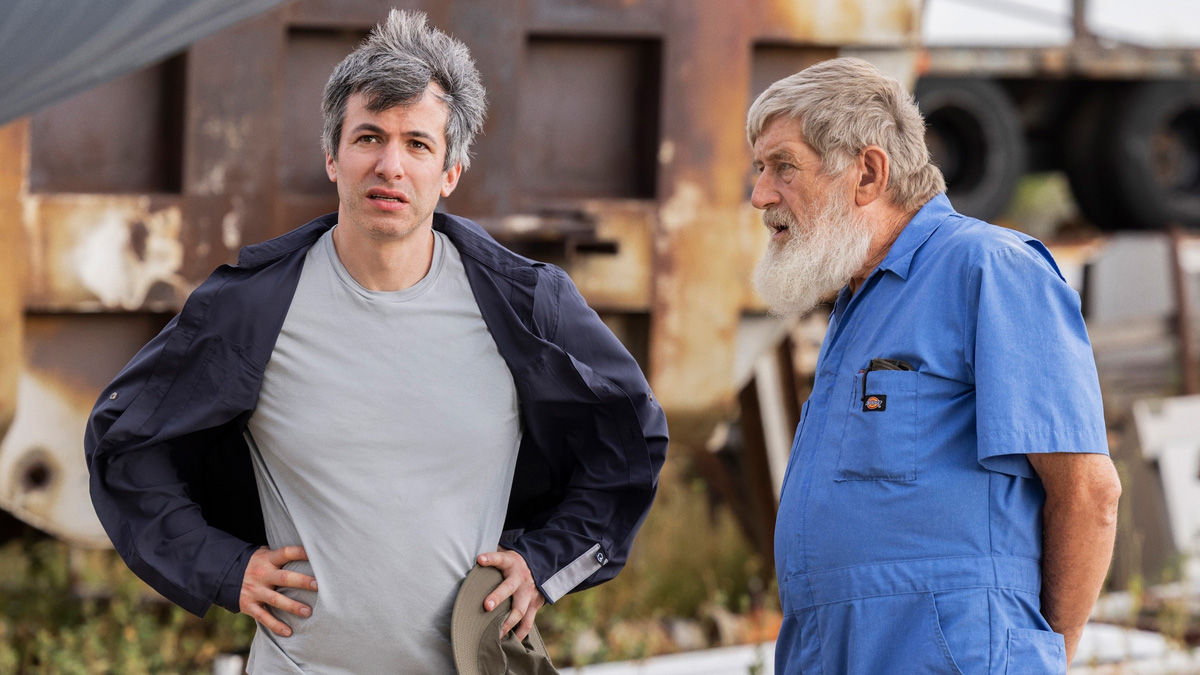

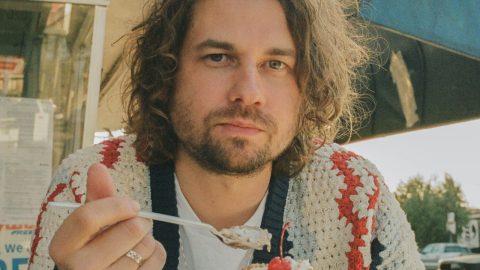
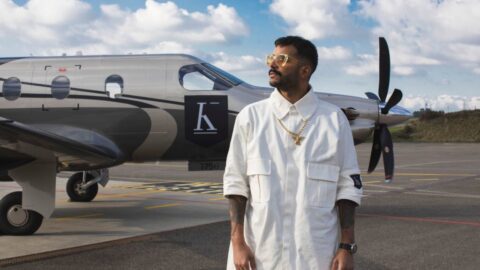
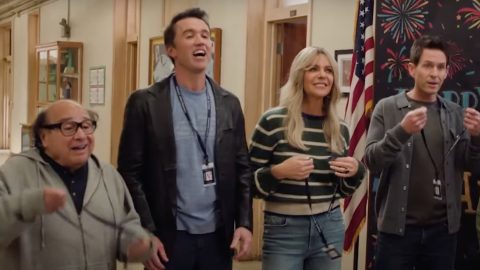

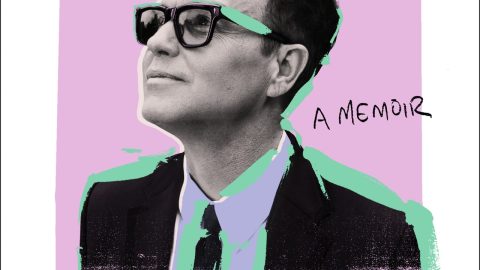
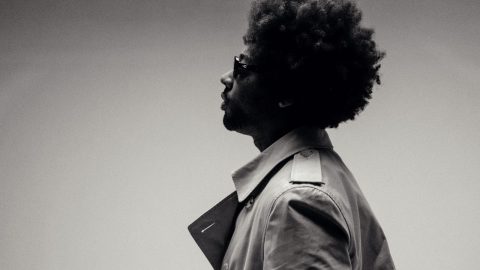
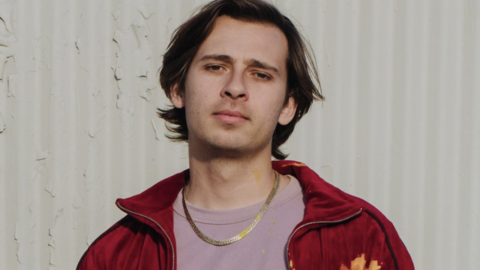
Recent Comments